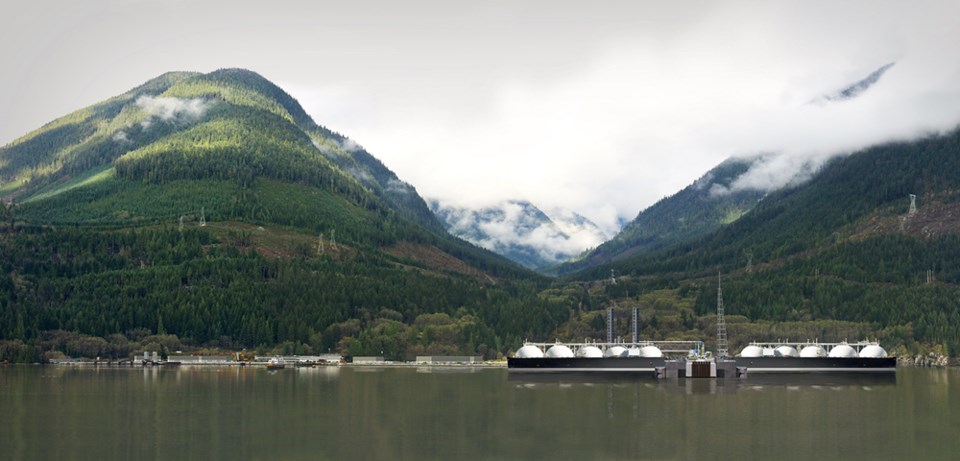Logically, our representational democracy should have proved a suitable framework to solve the issues that are swiftly converging as existential crises. Now, at the 11th hour, we must have the courage to look objectively at ourselves and our systems, to solve for good governance.
That corporations sit at the table with government is nothing new. The outcomes are well documented in the former leader of the opposition of the government of Alberta, Kevin Taft’s 2017 book, Oil’s Deep State: How the Petroleum Industry Undermines Democracy and Stops Action on Global Warming in Alberta, and in Ottawa.
Shockingly, the Governor of the Bank of Canada announced publicly that Canada’s post-pandemic economic recovery would rely on “consumer spending and resource extraction.”
Closer to home, the Woodfibre LNG proposal illustrates the entanglement inherent in government/corporate alliance. Most obviously, the unelected spokesperson for the NDP on CBC’s Early Edition political panel, Moe Sihota, is also a Woodfibre LNG lobbyist.
The former VP of Corporate Affairs, and the first employee of Woodfibre LNG, Byng Giraud, served on the governing council of the Conservative Party of Canada as VP for Western Canada, as senior advisor to the campaigns of MLAs, provincial ministers, MPs and senators, and as chairman of Ridley Terminals Inc., a coal export terminal owned by the Canadian government. Prior to his position at Woodfibre LNG, Giraud was VP of Corporate Affairs for Imperial Metals from 2010 to 2013. The Mount Polley Mine, of the 2014 “largest mining disaster in the history of B.C.” fame is a wholly-owned subsidiary of Imperial Metals; B.C. taxpayers contributed $40 million toward “clean-up” efforts and no charges or fines were levied.
Recently, Imperial Metals agreed to a $24-million settlement to not develop a mine near the Skagit River watershed (receiving $7 million each from B.C. and Washington state taxpayers; and $5 million each from the Skagit Environmental Endowment Commission, and the Nature Conservancy of Canada).
In the most recent report (2018) by B.C.’s Chief Inspector of Mines, the estimated cost to taxpayers to “clean up” abandoned mines in B.C. was $1.2 billion. Federally, subsidies to the fossil-fuel industry of $1.8 billion were announced or provided in 2020, and in 2021, fossil-fuel subsidies by the Government of BC totalled $1.3 billion, with the fracking industry currently holding $3.1 billion in unused tax credits.
For the purpose of responding to the extinction crises that are upon us, we are caught in a paradox. As citizens we subsidize corporations for which the systems that support life on Earth are considered “externals,” while governments exhort us to consume more (cars, electricity, minerals, plastics) in the name of solving the climate crisis.
The solution to the paradox is hiding in plain sight in our language—the meaning of the old root of the word “crisis” is “decide.”




